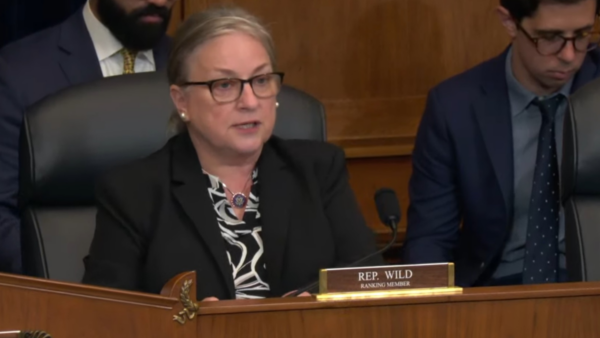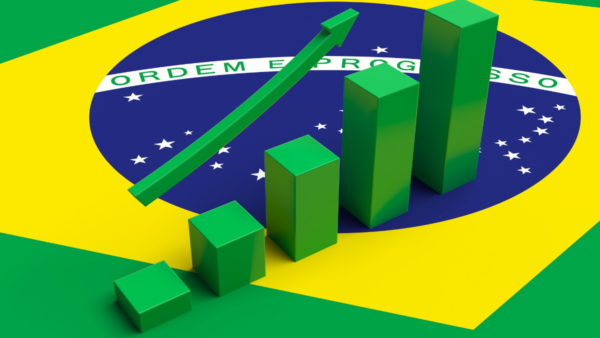The left wants to nationalize the mayoral race of São Paulo, leaning on the fact that President Luiz Inácio Lula da Silva won more votes in the city during the 2022 election than Jair Bolsonaro — and treating front-runners Guilherme Boulos and Ricardo Nunes, the incumbent, as proxies of Lula and Mr. Bolsonaro, respectively.
A recent opinion poll may suggest that this strategy might be riskier than anticipated.
The government’s disapproval rating in the city of São Paulo increased 9 percentage points to 34 percent since August, according to the latest reading by Datafolha. Similarly, the approval rating dropped from 45 to 38 percent.
Recent nationwide polls conducted by Ipec and Quaest also showed a drop in Lula’s popularity. Ipec showed last week an approval rating of 33 percent, down from 38 percent in December. Asking voters a different question, Quaest found that 35 percent of Brazilians approve of the administration, with a negative rating rising to 34 percent from 29 percent in December.
The Datafolha poll, disclosed on Monday, is relevant to the São Paulo mayoral race, where incumbent Ricardo Nunes seeks re-election against a roster of popular House lawmakers. In the 2022 presidential election runoff, Lula won in the city with over 53.5 percent of the vote, a larger margin than the tight national result — and an indication of the potential electoral chances of a left-wing candidate for mayor. Lula lost to Jair Bolsonaro in the state of São Paulo as a whole.
On the same day, Datafolha also asked voters about the São Paulo mayoral race. Congressman Guilherme Boulos of the Socialism and Freedom Party (PSOL) polled at 30 percent, statistically tied with Mr. Nunes, of the Brazilian Democratic Movement (MDB) party, at 29 percent. Also, 8 percent of respondents said they intend to vote for Congresswoman Tabata Amaral of the Brazilian Socialist Party (PSB).
Datafolha interviewed 1,090 people in the city of São Paulo on March 7 and 8. The margin of error is 3 percentage points.


 Search
Search











































